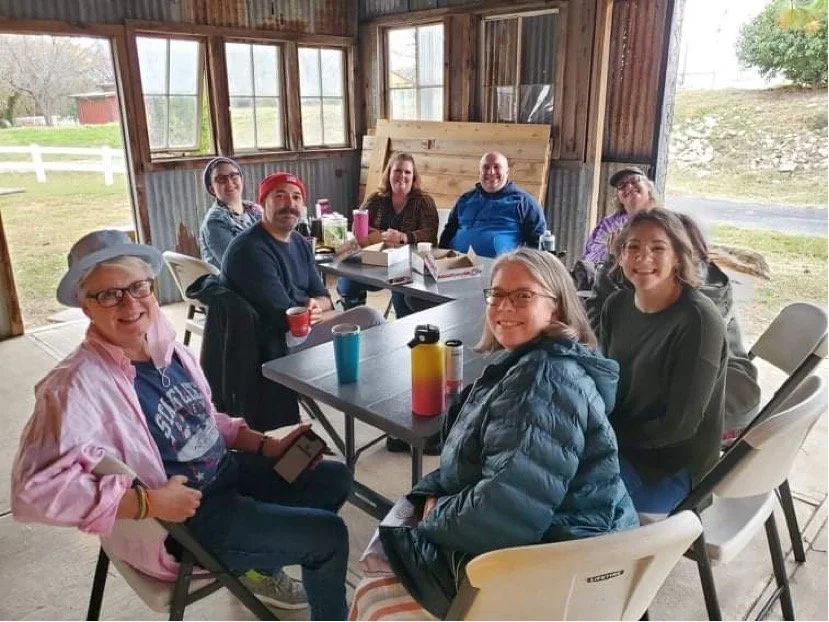How to Buy a Bible
Katie Hays • (originally written March 2018)
People who are experiencing a spiritual or religious awakening, feeling closer to God and the people of God, often feel inclined to study the Bible again, or for the first time. They seek advice from me about how to do that.
What I would recommend, for starters, is a better Bible. I find that most people don’t have a really good one, a useful one, with notes they can trust. Here are two considerations:
1. What translation should you read? I use the New Revised Standard Version, or NRSV. For now, it’s the one that takes most seriously the most current textual support. It’s the one I used at Yale Div. School; it’s widely respected by (English-speaking) scholars around the world. It has a liberal bent in the way it translates certain things including, for example, gender neutral language for “man” and “mankind”, etc. And it doesn’t over-estimate the specificity of certain vocabulary for sexual ethics. That’s important. This is also the translation we read at Galileo Church’s worship services, and include in our weekly Bible studies.
2. Whose study notes should you choose for your NRSV? Some Bibles are printed with “just the text” -- including some footnotes that point out translation difficulties. But most Bibles come with “study notes” or “devotional notes” or some such — the contemporary paragraphs that are sort of value-added to help the reader get the most out of what they’re reading. I have several that I use often, to help me remember what some of the issues are, and to help me figure out what questions I should be asking as I interact with (and sometimes interrogate) the text.
Here are several that I like:
a. The Discipleship Study Bible
Discipleship Study Bible assumes a Christian reader who wants to know, “What does this mean for the Christian life I’m trying to live?”
Harper-Collins includes extensive notes about vocabulary, characters, textual variants, and theological themes.
Formerly the Renovare Bible, this one includes notes about how to connect with God -- spiritual practices, virtues to cultivate, psycho-spiritual pitfalls to avoid.
d. New Interpreters Study Bible
New Interpreters Study Bible includes lots of historical and theological notes. The intros for each biblical book are great; the “excurses” (extra essays on theological themes and historical topics) are also great. Really helps clarify the text itself, but not so much about living a life based on what’s found in that text.
Finally -- one more thing -- because I can’t not say it. We are doing extensive biblical-theological rehabilitation in every aspect of Galileo Church’s communal life: the Bible studies I write for G-groups, the Sunday School I (usually) teach on Sunday afternoons, the preaching and worship constructed around theological themes. Galileo is an amazing resource for someone who wants to figure out how to make sense of the Bible and the God revealed to us in the Bible. Use that resource as much as you can. I’m here. We’re here.
And this is important, because Bible-reading has been, until very recently in history, a community exercise. Think about this: Jesus did not have a Bible at home for his private study and contemplation. He read or heard it at the synagogue, out loud, in the company of fellow believers and seekers. The practice was to hear the scripture and then talk about it – argue about it, wonder about it, dream about it – together. I’m hopeful that at Galileo Church every person finds plenty of opportunities to read and consider scripture faithfully and critically, under the dual vows of obedience and rigor, in conversation with a beloved community of #churchfriends you are learning to trust.
If you get a Bible (or two), and start using it/them, I’d love to hear how it goes. Keep me posted. And thanks for asking!

